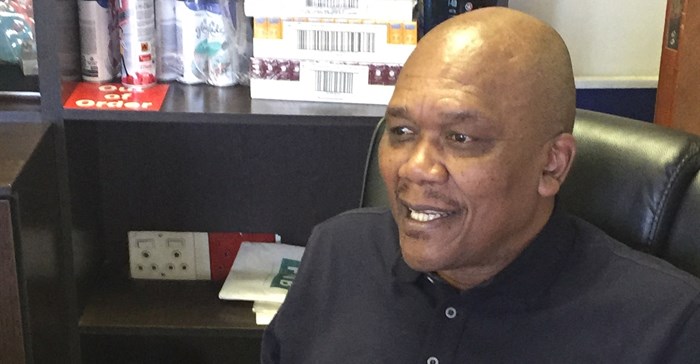
Top stories






More news







Logistics & Transport
Uganda plans new rail link to Tanzania for mineral export boost











Once a new entrant to the petroleum sector, he has transitioned into a formidable businessman and established himself as a leader in the retail sector, as vice-president of the Fuel Retailers Association of Southern Africa.
Today, his petroleum retail business serves the burgeoning black middle class in Soweto, which demands convenience retail stores for time-saving shopping while enjoying the self-service Lavazza coffee from an experienced coffee assistant.
“I invested originally in three sites: Roddys Motors and thereafter acquired Caltex Orlando Stadium (formerly Zhut City S/S) and then came Caltex Dobsonville. They were either dry or poorly performing marginal operations, but we managed to turn them around and made them into profitable businesses. The commuters and the demand was there, it just needed the right focus and connectivity in the industry to make them work.”
Nkosi commented that being in the oil business is a long game. “Entrepreneur investors in South Africa’s petroleum sector have had to overcome high barriers to entry, which are only possible through partnerships with oil majors like Chevron South Africa, the owner of the Caltex brand. The retailer owned and retailer operated model is by far the best business model for this because it creates real empowerment combined with autonomy.
“This retail expansion has made inroads into new markets, while at the same time developing ways to help integrate new entrants into the value chain of the petroleum retail market. In general, I think that there is a perception that some black businesses are not geared to meet the demands of a complex business with international partners, but in the last 10 years, Chevron South Africa has played a significant role in transforming the fuel industry in South Africa.”
Nkosi added: “Through my businesses, Chevron South Africa’s Caltex has increased its forecourt footprint in historically disadvantaged communities that were underrepresented. From my side, I today employ over 110 people. For customers, today we also include convenience shopping, car washes, ATMs, and terminals that sell Eskom and City Power vouchers. We add these services for the benefit and convenience of the community as they are not very profitable on their own.”
Each year, Nkosi’s businesses partner with local NGOs to sponsor an event that generates donations of food and clothing to a nearby informal settlement. “It’s important that businesses like mine show a tangible benefit to the local communities and customers, because we have partnerships with them as much as we do with the oil companies.”